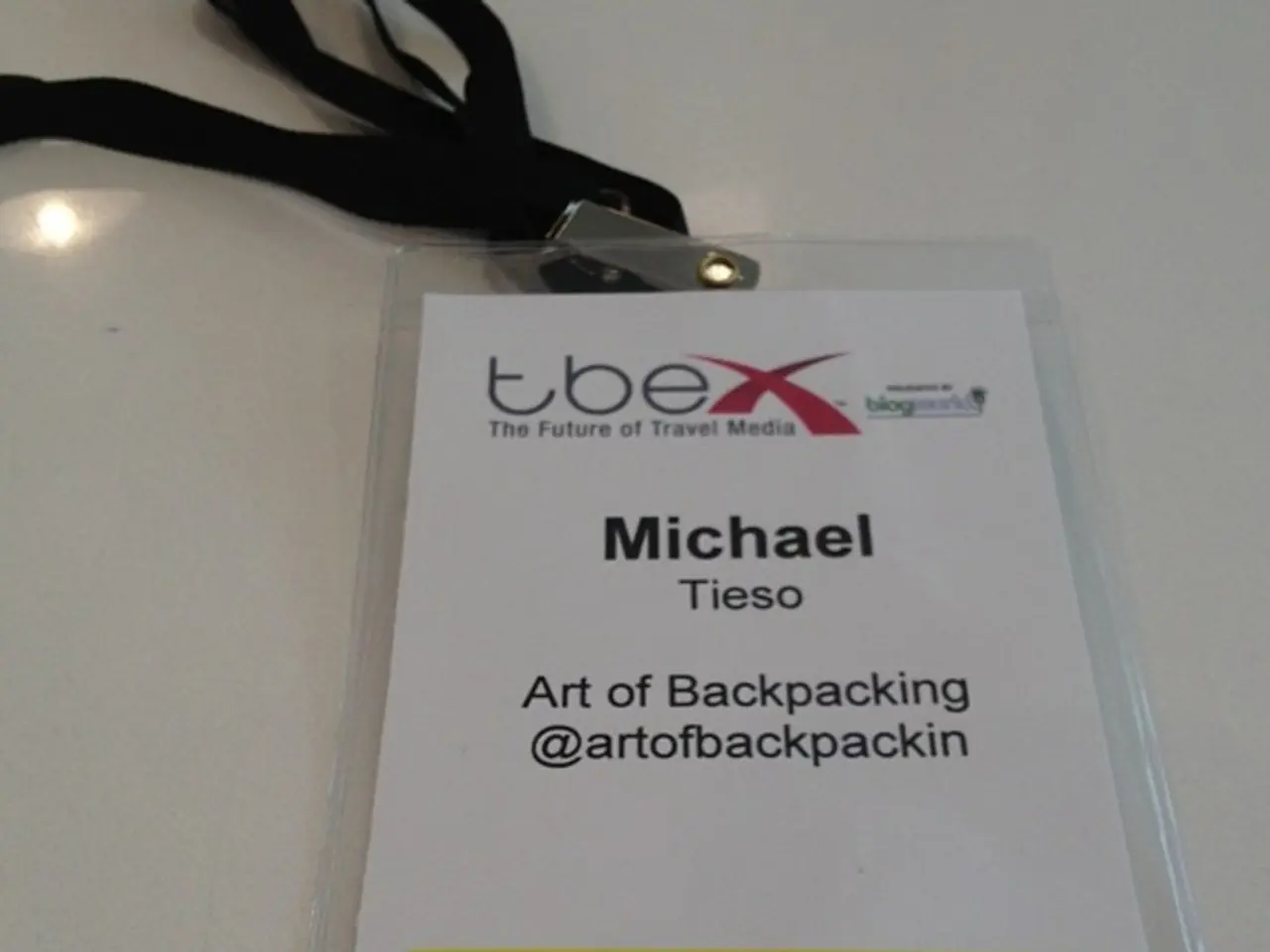Robust occupations resistant to AI, at least momentarily listed
In an increasingly automated world, certain jobs continue to stand strong against the tide of technological advancement. These roles, resistant to automation, share common traits such as human interaction, creativity, empathy, ethical judgment, physical dexterity, and adaptability.
In the healthcare sector, paramedics, art therapists, adapted physical education specialists, and oral and maxillofacial surgeons remain highly resistant to automation due to their personalized nature and the nuanced human ability to improvise and communicate with patients.
Education jobs that require personalised teaching, especially for students with disabilities, are also safe from automation. Human empathy and adaptability in education cannot be easily replicated by AI.
In engineering, civil engineering and transportation engineering jobs are resilient because they integrate technical knowledge with creativity, consider local regulations and community needs, and require onsite inspections and stakeholder negotiation.
Creativity remains a core human advantage in the creative arts. While AI can generate images or content based on patterns, genuine creativity—and breaking established patterns—is less vulnerable to automation. Art therapy, for instance, is an example where human interaction and creative expression combine to make automation unlikely.
In emergency services, roles such as paramedics and security managers demand situational awareness, quick ethical decision-making, leadership, and negotiation—none of which are replicable by AI alone.
These trends are supported by the understanding that automation primarily targets repetitive, rule-based, or data-rich tasks, such as data entry, basic customer service, and routine office roles. Jobs demanding high-level human judgment, interpersonal connection, and physical presence remain largely resilient.
In summary, the most automation-resistant jobs in these fields are characterized by:
- High need for human empathy and personal connection
- Requirement for creative and critical thinking beyond pattern recognition
- Necessity for adaptation to unique situations and environments
- Physical dexterity and real-time decision-making in uncertain contexts
- Significant ethical and safety considerations requiring human oversight
These factors collectively define the current landscape of jobs resistant to automation across healthcare, education, engineering, creative arts, and emergency services. However, while jobs may be AI-proof now, they may not remain so in the long-term future.
References:
[1] McKinsey & Company. (2017). Jobs lost, jobs gained: what the future of work will mean for jobs, skills, and wages. [2] Frey, C. B., & Osborne, M. A. (2017). The future of employment: How susceptible are jobs to computerisation? [3] Brynjolfsson, E., & McAfee, A. (2014). The second machine age: Work, progress, and prosperity in a time of brilliant technologies. [4] World Economic Forum. (2018). The future of jobs report 2018. [5] Goldin, C., & Katz, L. F. (2018). The race between man and machine: Implications of technology for growth, factor shares, and employment.
- In the realm of healthcare, professions like art therapists, adapted physical education specialists, oral and maxillofacial surgeons, and paramedics remain largely unaffected by automation due to their personalized and empathetic nature.
- Education jobs that cater to students with disabilities, requiring individualized teaching and human empathy, remain untouchable by AI.
- Civil and transportation engineering jobs persist due to their reliance on technical knowledge, creativity, community consideration, and onsite inspections.
- The creative arts industry thrives on human creativity and the ability to break established patterns, making it less susceptible to artificial intelligence.
- Emergency services roles such as paramedics and security managers are safeguarded by their demands for real-time decision-making, ethical judgment, and interpersonal skills.
- Jobs with a high need for human empathy, personal connection, creative and critical thinking, adaptation, physical dexterity, and real-time decision-making in uncertain contexts are generally resilient to automation across various fields like healthcare, education, engineering, creative arts, and emergency services.
- While the current job market offers a range of positions that are resistant to automation, the long-term future may present challenges as technology advances and AI capabilities evolve.




